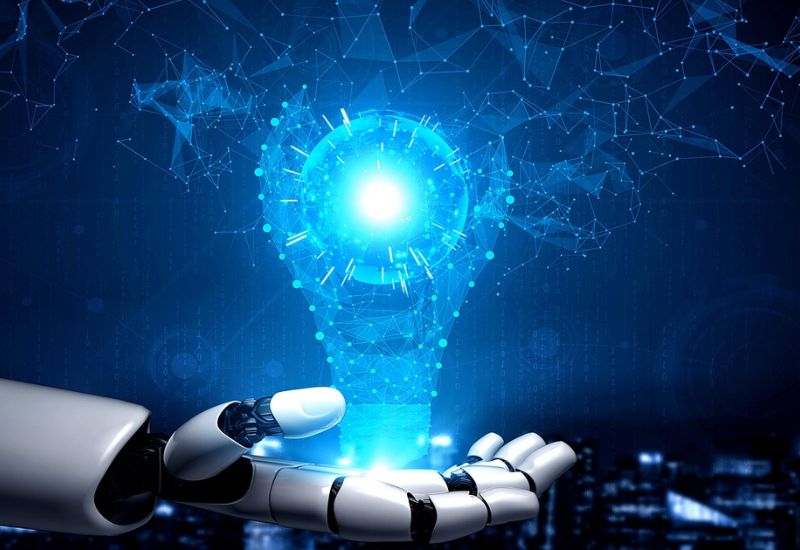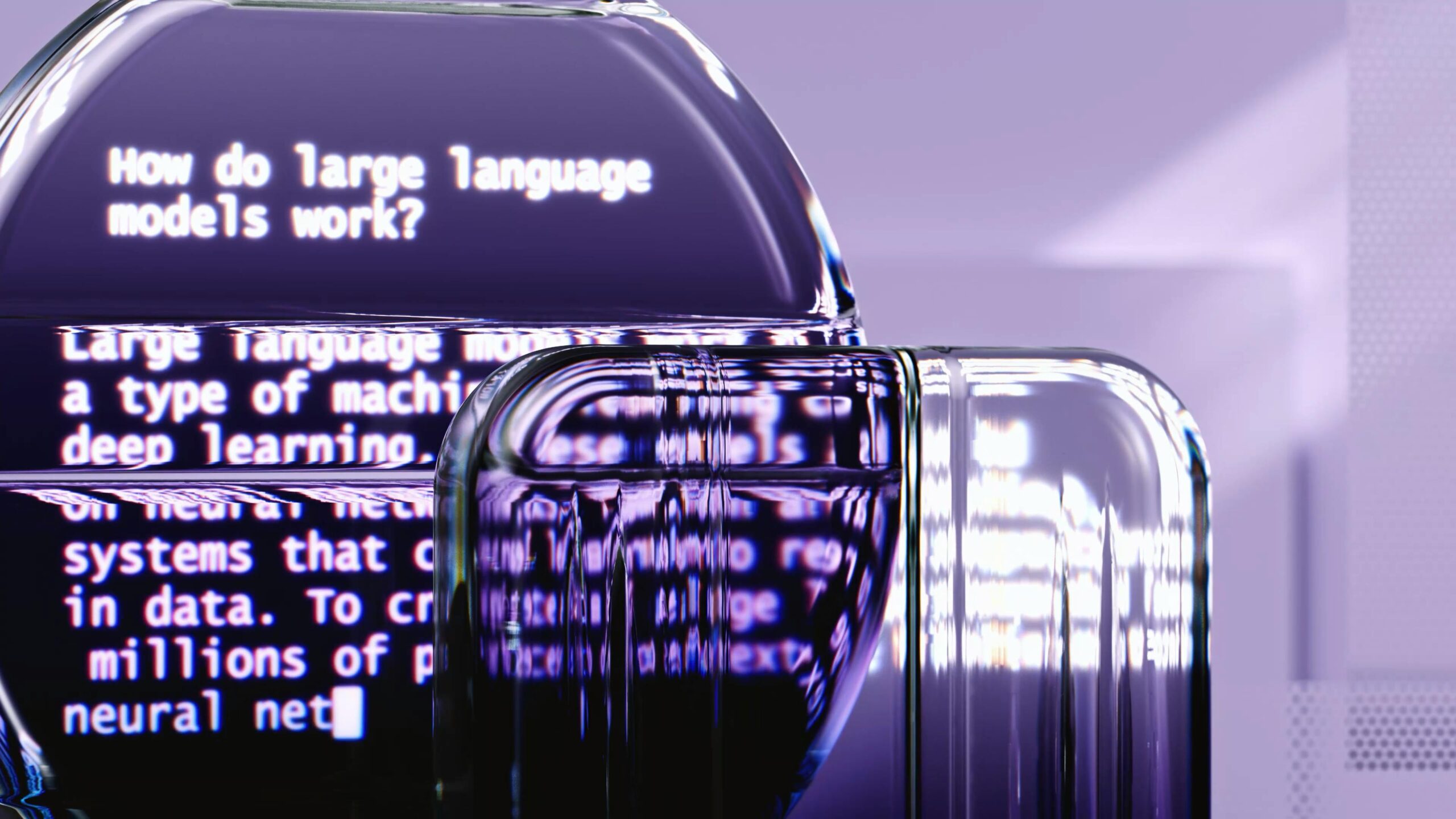What is AI?
Artificial Intelligence, commonly referred to as AI, is the ability of machines to mimic human intelligence processes such as learning, reasoning, problem solving, and decision making. AI systems are powered by algorithms that allow computers to analyse large data sets, recognise patterns, and make decisions with minimal human intervention.
In education, AI has become a catalyst for change. It enables adaptive learning platforms, virtual assistants, automated administrative tasks, and much more. With the integration of AI in classrooms and curricula, students now experience a smarter, more efficient, and engaging way of learning.
Also check – Why to Choose MVIT
10 Benefits of Artificial Intelligence for Students

Let’s explore the top 10 benefits of Artificial Intelligence for students that are reshaping the future of education.
1. Personalised Learning Experience
AI helps tailor educational content according to a student’s learning style, pace, and interests. AI-driven platforms analyse performance data to identify strengths and weaknesses, offering custom feedback and resources accordingly.
For example, platforms like Khan Academy and Coursera use AI algorithms to suggest courses based on a student’s progress. This personalised approach improves comprehension and retention, especially for students who need extra support or are gifted learners needing advanced material.
Stat: According to a McKinsey report, personalised learning through AI can increase student achievement by up to 20%.
2. 24/7 Access to Learning
AI virtual tutors and chatbots are available around the clock, helping students clear doubts outside classroom hours. This is particularly useful during exam preparations or when attending online classes in different time zones.
Students can interact with these bots for explanations, practice questions, or even emotional support, thereby reducing their dependency on human tutors.
Fact: A 2021 survey showed that 60% of students prefer AI apps for late night study sessions over emailing teachers.
3. Instant Feedback and Assessment
AI systems provide immediate feedback on quizzes, assignments, and assessments. This enables students to identify mistakes instantly and learn from them without waiting for manual grading.
Teachers also benefit as AI reduces the workload of checking answer sheets, freeing them up for more interactive sessions.
Stat: Automated grading using AI has cut down feedback time by 50- 70% in digital classrooms.
4. Smart Content Creation
AI enables the creation of intelligent and interactive content such as digital textbooks, video lectures, simulations, and AR-based models. These formats make complex topics more understandable and engaging.
For example, AI can summarise long texts into key points, generate flashcards, or even create visual representations of data and theories.
Fact: A Deloitte study noted that 82% of educators believe smart content improves student engagement and memory retention.
5. Improved Accessibility
AI empowers differently abled students by offering tools like speech-to-text, real-time translation, and audiobooks. Visual and hearing impaired students can benefit from these features to stay on par with their peers.
Additionally, AI translation tools make it easier for students who are not fluent in the language of instruction to access and understand course materials.
Example: Microsoft’s AI Learning Tools help over 13 million users globally with reading and detailed challenges.
6. Career Guidance and Counselling
AI can analyse a student’s performance, interests, and personality to suggest suitable career paths. It can also recommend courses, internships, and job opportunities, based on labour market trends and personal aptitude.
This AI counselling is especially beneficial in early decision making phases like course selection or college admissions.
Stat: According to the World Economic Forum, AI-based career tools have a 90% match accuracy when compared to human counsellors.
7. Student Engagement
Gamified learning platforms and AI tutors engage students with interactive sessions, quizzes, and rewards. This keeps learners motivated and interested, especially in subjects they find challenging.
AI identifies when a student is disengaged and adapts the content or pacing to recapture their attention.
Fact: Educational institutions using AI gamification tools report 30 – 50% higher participation rates in online modules.
8. Analytical Insights for Improvement
AI collects data on student behaviour, attendance, performance, and interaction patterns to provide insights that help educators and students improve outcomes. Predictive analytics can also identify at-risk students early, enabling timely interventions.
Stat: A study by IBM reveals that AI learning analytics improved retention rates by up to 15%.
9. Language Learning Support
AI tools help students learn new languages through pronunciation correction, grammar checks, and vocabulary building. Apps like Duolingo and Babbel use AI to personalise lessons and track progress.
Such tools are also essential for international students or those preparing for global opportunities.
Fact: Language learners using AI tools are 4x more likely to retain new vocabulary than traditional methods.
Also Check – The Best Engineering Institutions in India
10. Time Management and Organisation
AI apps like smart calendars, to-do lists, and productivity assistants help students manage their academic tasks efficiently. These tools can schedule study sessions, send reminders, and track deadlines.
This leads to better time management and reduced academic stress.
Example: Students using AI planners report 20% more efficient time usage, according to an EdTech Magazine report.
Beyond Benefits: What Are the Risks and Concerns?
While the benefits of Artificial Intelligence in education are impressive, there are valid concerns and challenges to address.
1. Data Privacy and Security
AI systems require massive amounts of student data to function efficiently. Ensuring the protection of this sensitive information is critical to prevent misuse or breaches.
2. Overdependence on Technology
Too much reliance on AI may hinder critical thinking, creativity, and problem solving abilities. Students must strike a balance between human learning and machine assistance.
3. Bias and Inequality
If AI models are trained on biased data, they may perpetuate inequality, especially in assessments or recommendations. Ethical AI usage demands continuous monitoring and updates.
4. Job Displacement Concerns
While AI opens new career paths, it may also automate roles traditionally handled by teachers or counsellors, leading to job uncertainty in the education sector.
5. Digital Divide
Not all students have equal access to AI tools or high-speed internet. This creates a gap between urban and rural learners, furthering educational inequality.
Exploring Your Future: Studying B.Tech – Artificial Intelligence and Machine Learning at MVIT
For students aspiring to use and build AI solutions, pursuing a B.Tech in Artificial Intelligence and Machine Learning is the solution. At MVIT (Maharaja Institute of Technology), the AI & ML department is designed to produce globally competent engineers who are industry ready and innovation focused.
Why Choose MVIT?
- Industry-Oriented Curriculum: MVIT’s B.Tech in AI & ML covers cutting-edge topics like Deep Learning, Natural Language Processing (NLP), Robotics, and Neural Networks.
- Experienced Faculty: With professors who bring both academic excellence and industry exposure, MVIT ensures that students are mentored by the best.
- Innovative Labs: Students gain practical experience through live projects, hackathons, and AI labs equipped with the latest technologies.
- Placement & Internship Opportunities: MVIT has a strong network with companies in the AI, IT, and analytics space, helping students land internships and placements in top firms.
Final thoughts
Artificial Intelligence is transforming how students learn, interact, and prepare for the future. The benefits of Artificial Intelligence in education include personalised learning, better accessibility, faster assessments, and smarter career planning. However, students must also be aware of its limitations and ethical challenges.
Institutions like MVIT are equipping the next generation with the knowledge and skills to use AI and innovate with it. If you envision a future where you can shape the world through technology, AI education at MVIT could be your ideal path.
FAQs
1. What are the main benefits of Artificial Intelligence for students in education?
The main benefits of Artificial Intelligence for students include personalised learning, instant feedback, 24/7 tutoring, smarter content creation, and enhanced accessibility. AI helps students learn more effectively by adapting to individual learning styles and needs.
2. How does Artificial Intelligence help in personalised learning for students?
AI platforms analyse student performance and learning behaviour to offer tailored lessons, practice questions, and study plans. This ensures students receive the right content at the right time, improving understanding and retention.
3. Why should students learn about Artificial Intelligence in college?
Learning about AI prepares students for the future job market, where AI skills are in high demand. Colleges like MVIT offer specialised programs in Artificial Intelligence and Machine Learning, enabling students to build careers in modern technology fields.
4. Can Artificial Intelligence improve exam preparation for students?
Yes, AI tools offer mock tests, personalised quizzes, and real time feedback to help students prepare better for exams. They can identify weak areas and suggest targeted revisions, making exam preparation more efficient.
5. What are the long-term advantages of Artificial Intelligence for students’ careers?
The long term benefits of Artificial Intelligence for students include better decision-making, exposure to advanced technologies, and increased employability. AI knowledge is valuable across industries such as healthcare, finance, automotive, and education, giving students a competitive edge.



